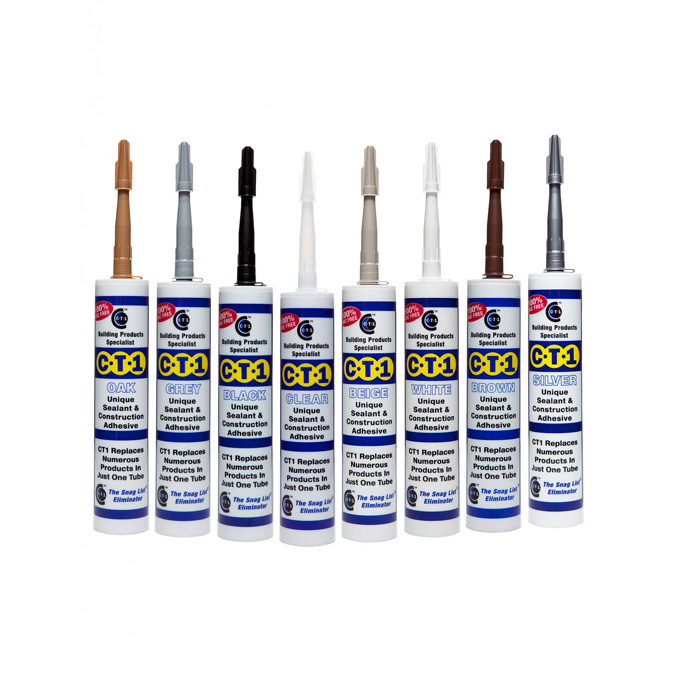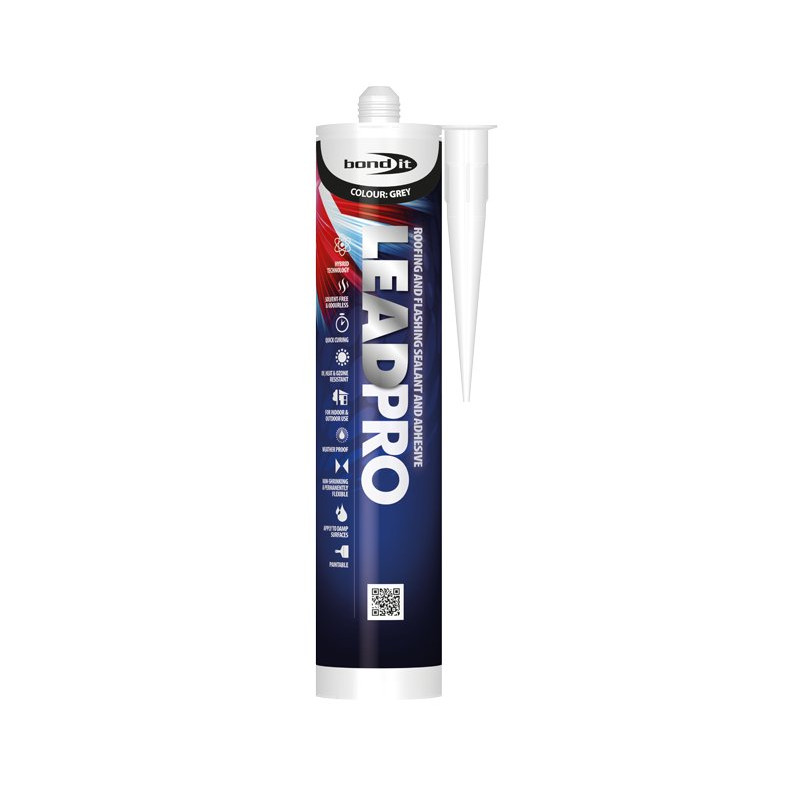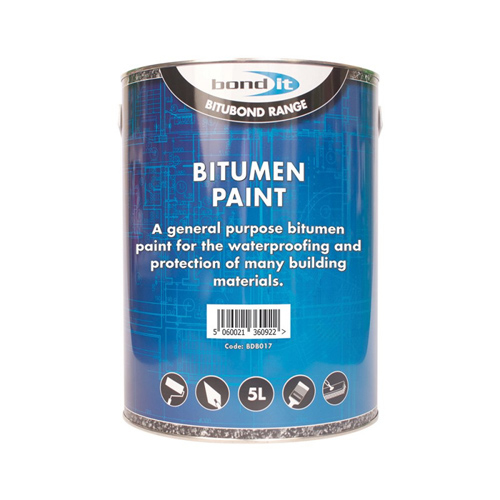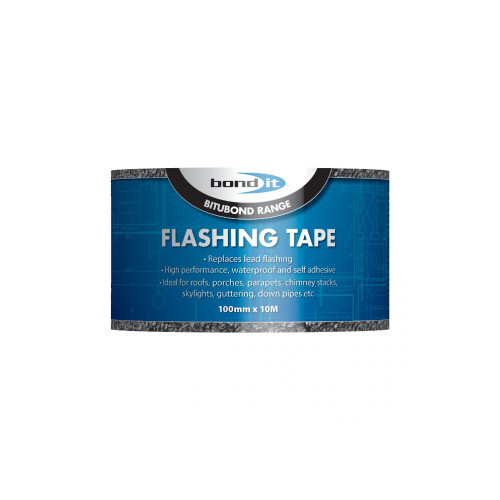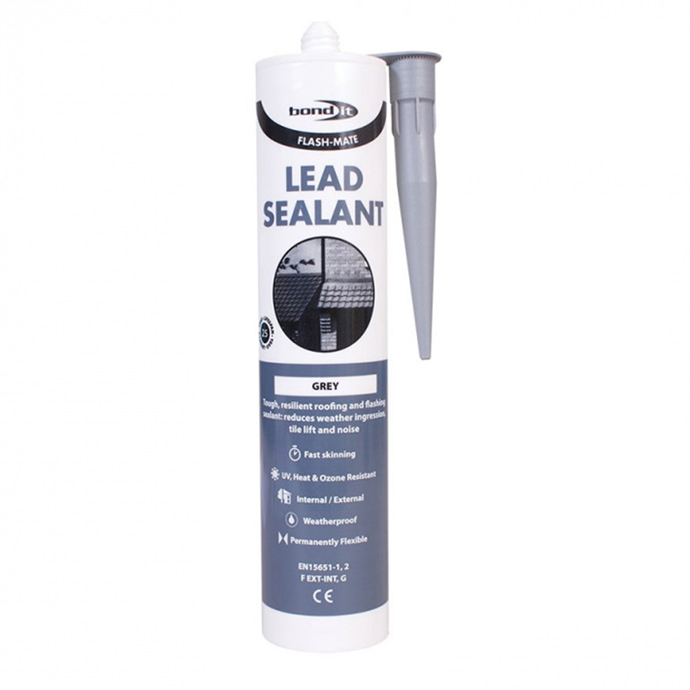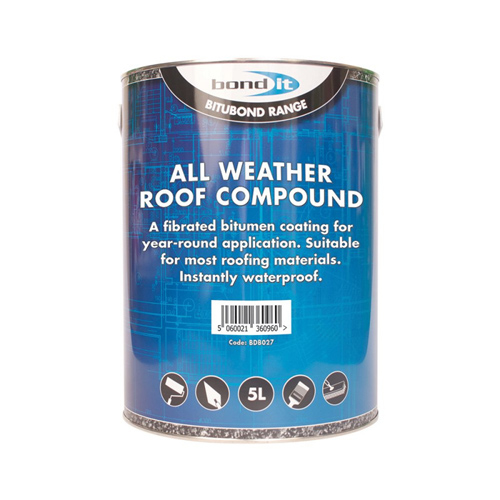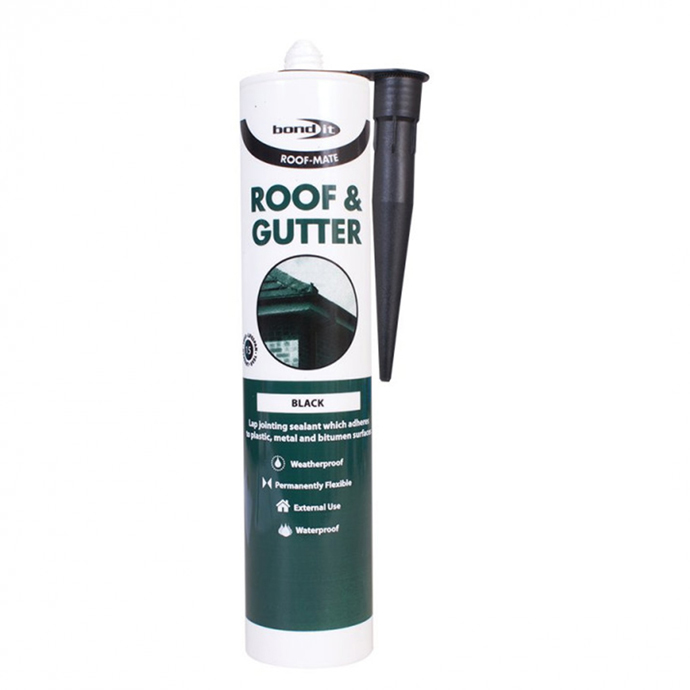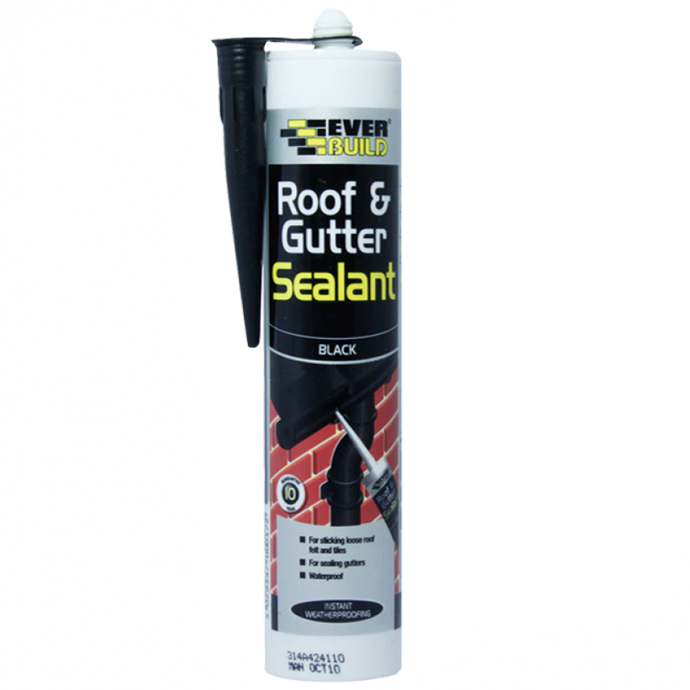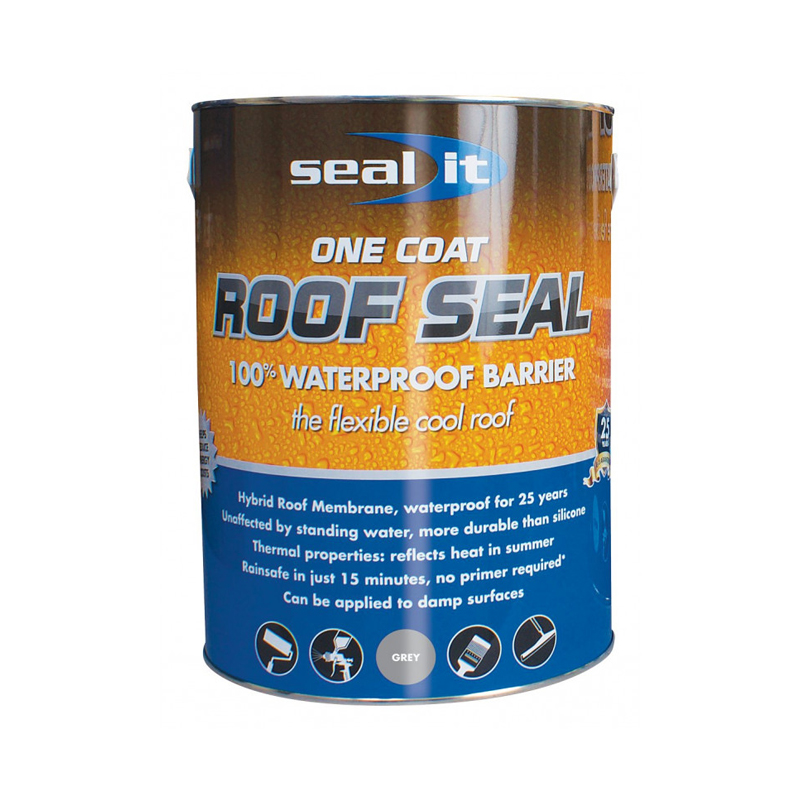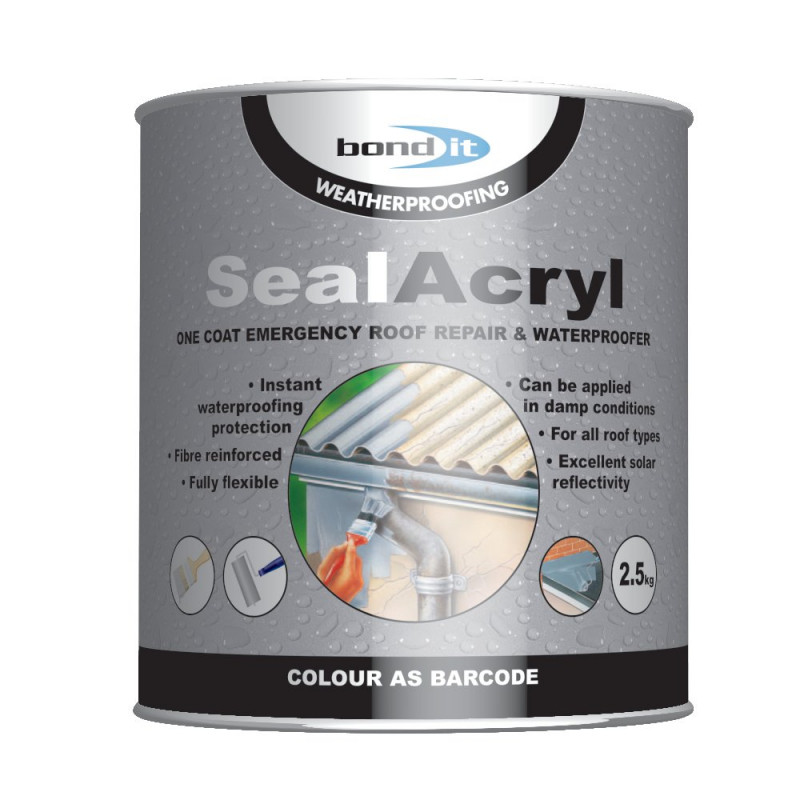A Comprehensive Guide to the Best Roof Sealants
Roofing Sealants
When it comes to maintaining and protecting your roof, one of the most crucial components to consider is the sealant. A high-quality roof sealant can prevent leaks, shield your home from the elements, and extend the life of your roof. With various options available, it’s important to choose the best roof sealant for your specific needs. In this guide, we’ll explore the best sealants for flat roofs and delve into the benefits of roofing silicone.
Understanding Roof Sealants
Roof sealants are designed to be applied over shingles, roofing membranes, and underlayment to provide an extra layer of protection against water penetration. They come in different forms, including liquid, tape, and membrane, and can be made from various materials such as silicone, acrylic, polyurethane, and rubber.
Best Roof Sealant: What to Look For
The best roof sealant will offer durability, flexibility, UV resistance, and ease of application. It should be able to withstand extreme temperatures and weather conditions without cracking or peeling. Additionally, the sealant should be compatible with your roofing material to ensure a secure and effective bond.
Best Flat Roof Sealant
Flat roofs require a special kind of attention due to their low slope, which is not conducive to water runoff. The best flat roof sealant will be highly waterproof and capable of forming a seamless barrier that can prevent standing water from seeping through. Here are some characteristics to look for:
- Elasticity: A good flat roof sealant should be elastic to accommodate the natural expansion and contraction of the roof with temperature changes.
- Adhesion: It should adhere well to the common materials used in flat roofs, such as bitumen, PVC, EPDM, or TPO.
- Longevity: The sealant should have a long lifespan, reducing the need for frequent reapplications.
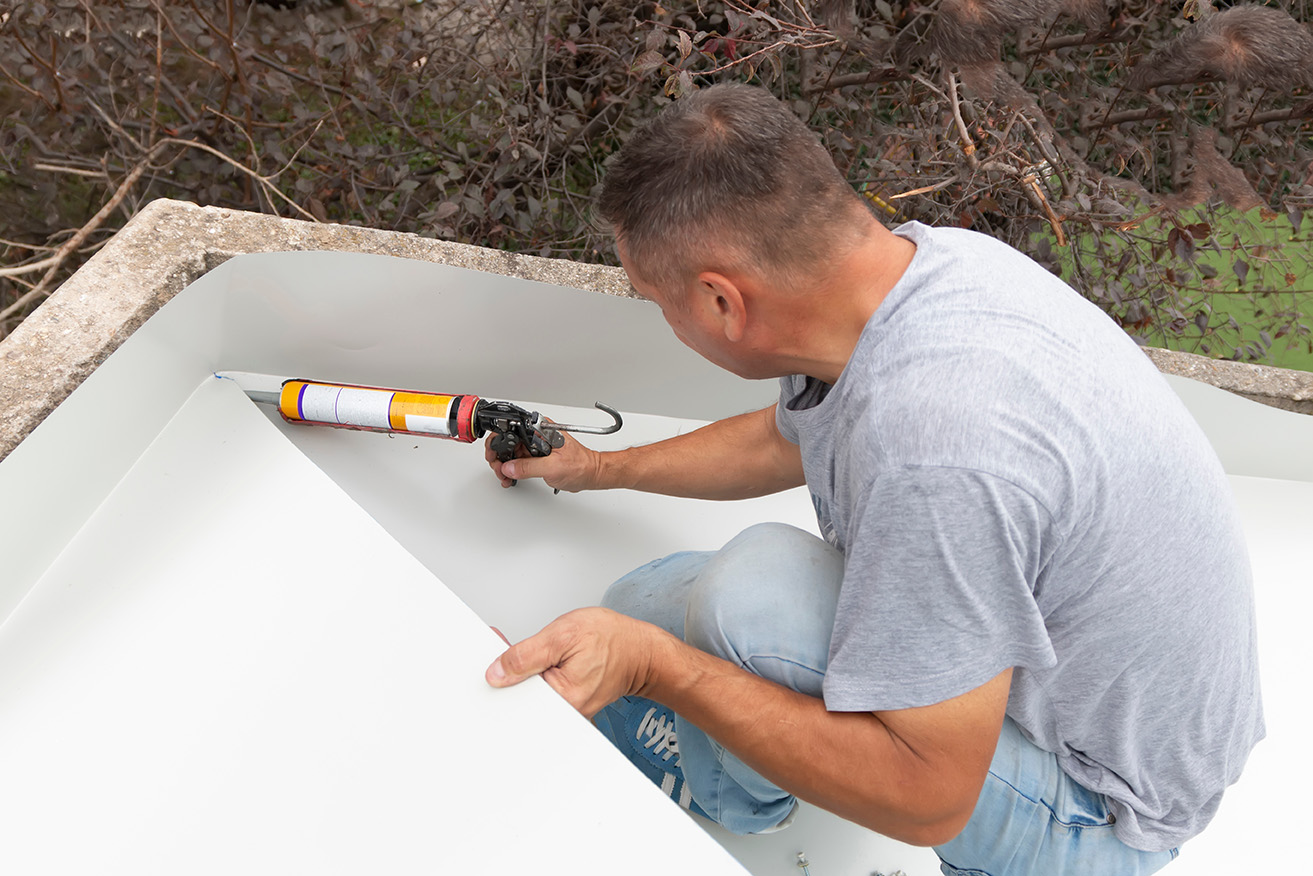
Looking to order in bulk?
Call for bulk discounts on bathroom sealants
01708 525 866
Roofing Silicone: A Superior Choice
Roofing silicone is often hailed as one of the best choices for roof sealants due to its exceptional properties. Here’s why roofing silicone stands out:
- Durability: Silicone sealants are known for their long-lasting performance, often outliving other types of sealants.
- Weather Resistance: They can withstand a wide range of temperatures and are resistant to UV light, ozone, and rain.
- Flexibility: Silicone remains flexible over time, which is crucial for roofs that expand and contract.
- Waterproofing: Silicone provides excellent waterproofing capabilities, making it an ideal choice for flat roofs.
Application of Roof Sealants
Applying roof sealant is a task that can be undertaken by a professional or a DIY enthusiast with the right tools and safety measures in place. Here’s a general process:
- Clean the Roof: Before applying any sealant, the roof must be clean and dry. Remove all debris, dust, and dirt to ensure the sealant adheres properly.
- Apply the Sealant: Use a caulking gun or brush to apply the sealant evenly across the roof’s surface. For tapes and membranes, ensure they are laid flat and pressed firmly in place.
- Cure Time: Allow the sealant to cure as per the manufacturer’s instructions. Silicone sealants typically have a quick cure time.
Maintenance and Reapplication
Regular inspections of your roof can help identify areas where the sealant may need to be reapplied. Over time, environmental factors can degrade the sealant, so it’s important to reapply it to maintain its protective qualities.
Browse our range of roof sealants!
Choosing the best roof sealant is essential for protecting your home from water damage and the elements. For flat roofs, a sealant that offers elasticity, strong adhesion, and longevity is key. Roofing silicone, in particular, provides a durable, flexible, and waterproof solution that can withstand harsh weather conditions. By selecting the right product and applying it correctly, you can ensure that your roof remains in top condition for years to come. Remember to always follow the manufacturer’s guidelines and consider professional help for the best results.






